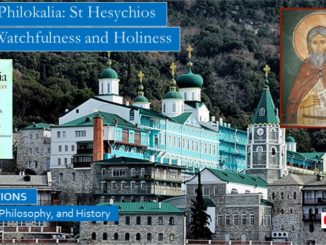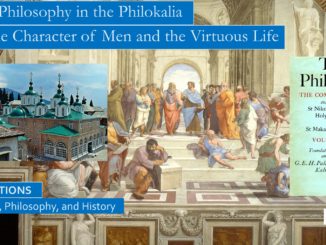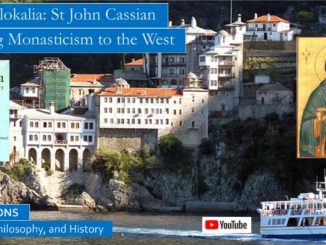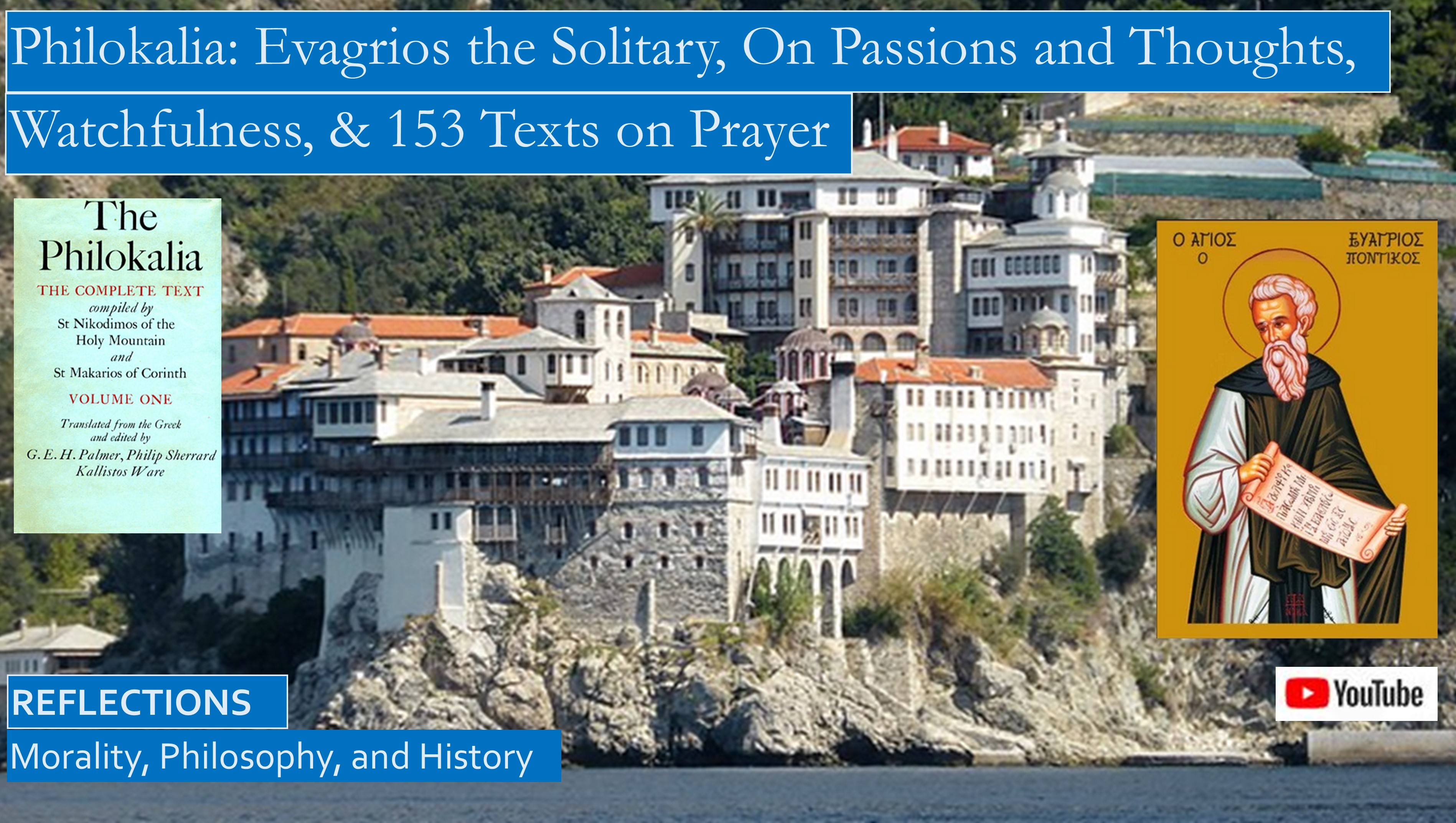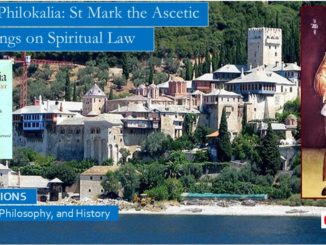
St. Mark the Ascetic, Writings on the Spiritual Law
You cannot cherry-pick which commandments you should follow and which ones you should ignore. Little sins vs whoppers, scrupulously avoiding small penny sins to save up for the whoppers you need to be forgiven for when you hide thousands of dollars of defects when selling your house or when you need to ruin someone financially to steal their business. St Mark the Ascetic teaches us, “Those who do not consider themselves under obligation to perform all of Christ’s commandments study the law of God in a literal manner, ‘understanding neither what they say nor what they affirm.’ (1 Tim 1:7) Therefore the think they can fulfill the law by their own works.”(34)
“Do not seek the perfection of the law in human virtues. . . Perfection is hidden in the Cross of Christ.(31) The law of freedom by true knowledge, and is understood through the practice of the commandments, and is fulfilled through the mercy of Christ.”(32)
“Fulfilling a commandment is one thing, and virtue is another, although each promotes the other.(193) Fulfilling a commandment means doing what we are enjoined to do; but virtue to do it in a manner that conforms to the truth.”(194) […]



